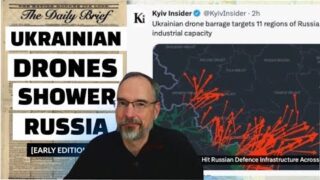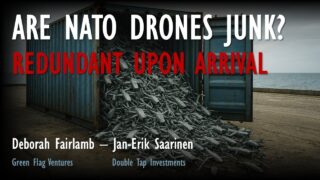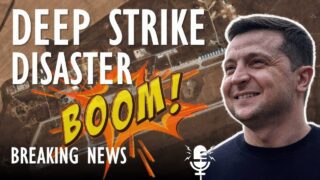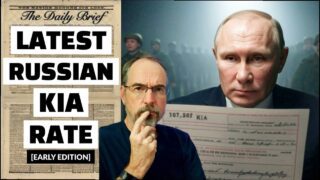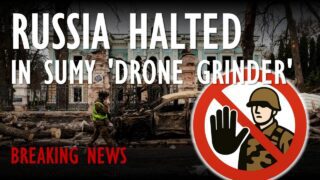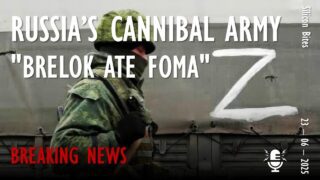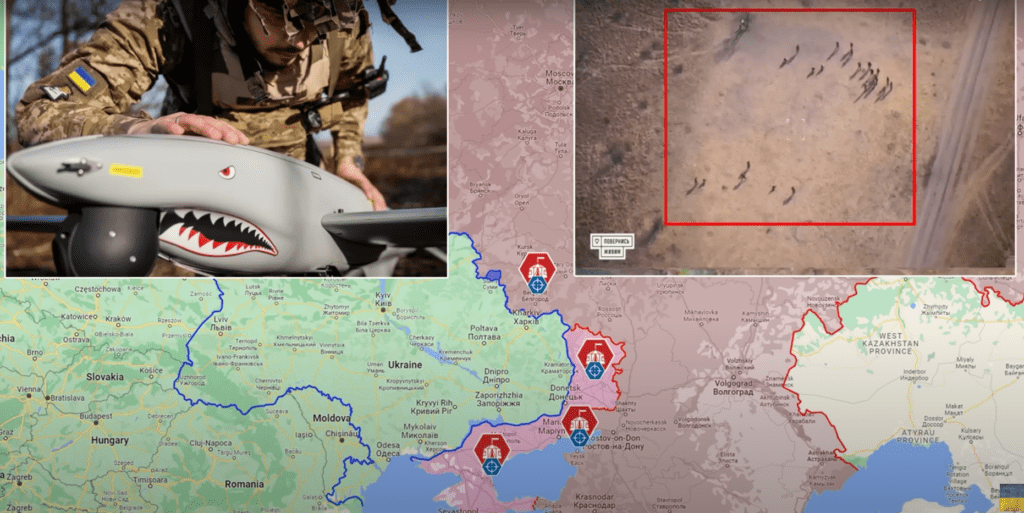
Frontline report: Ukrainian drones hunt 12,000 North Korean soldiers hidden in Moscow and Russian bases
Today, there are many updates from Russia. Following heavy losses for modest territorial gains, Russian forces urgently needed to replenish their ranks. However, the Russian president rejected a new wave of mobilization, citing concerns over potential public unrest and a decline in popular support.
Facing limited alternatives, Russia sought additional assistance from its ally North Korea, which had already supplied thousands of artillery shells and ballistic missiles. This time, the request was for manpower. Aware of the significant threat that an influx of fresh troops could pose on the front lines, Ukraine’s High Command moved decisively to mitigate this emerging danger.
Over the past months, Russia has concentrated on engaging Ukrainian forces across multiple fronts to thin out their defenses and secure a key breakthrough. Russian forces opened a new front in the northern Kharkiv Oblast in May to bolster this effort. Nonetheless, this maneuver did not result in a major collapse of Ukrainian defenses. In a bold and unexpected move, Ukrainian forces launched an offensive in Russia’s Kursk Oblast, compelling Moscow to redeploy some of its most experienced units from Eastern Ukraine, thereby deepening the urgent need for additional troops.
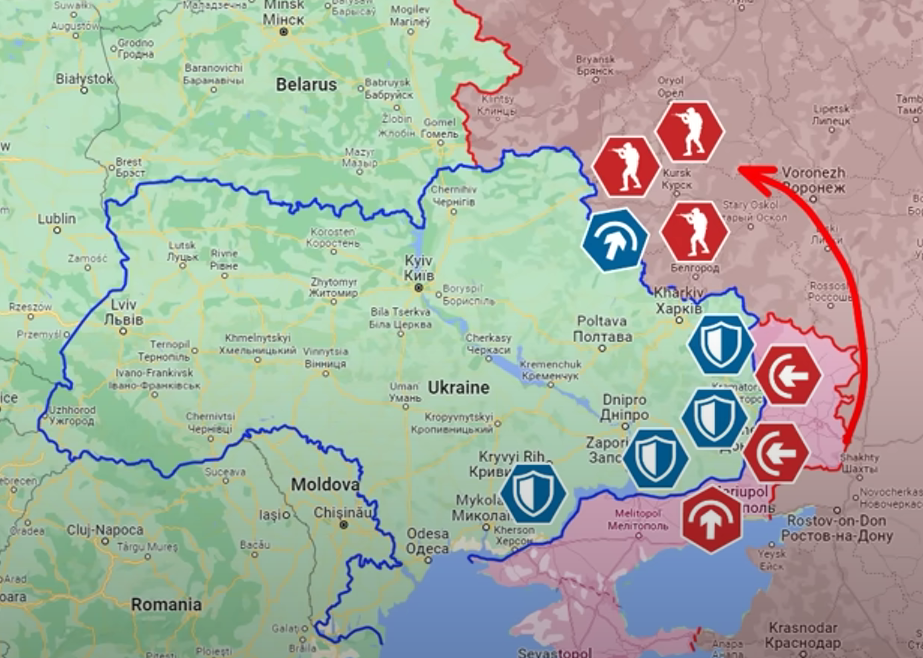
Russia faces manpower shortage and recruitment challenges
Although Russia possesses vast manpower reserves, maintaining the current rate of losses without initiating a new wave of mobilization is becoming increasingly untenable. The government has attempted to attract recruits by significantly raising financial incentives and focusing efforts on candidates from economically disadvantaged regions.
However, these measures may prove insufficient to meet the demands. A large-scale mobilization risks triggering widespread public unrest, potentially destabilizing the country and emboldening factions eager to exploit growing anti-war sentiment to challenge the government’s hold on power.
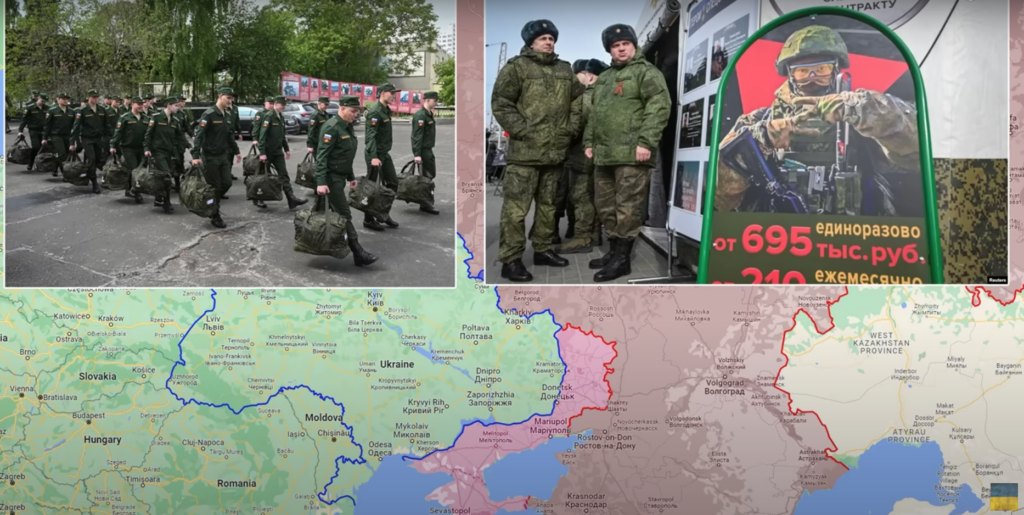
Russia turns to North Korean troops
Recruiting foreign combatants is not new for the Russian military, but it has mostly been informal, with promises of high pay or Russian citizenship. This is changing due to the close relationship between Russian President Vladimir Putin and North Korean leader Kim Jong-un. Ukrainian officials recently warned of an agreement between the two nations, with Military Intelligence confirming that North Korean soldiers are already training in Russian camps, signaling their potential deployment.
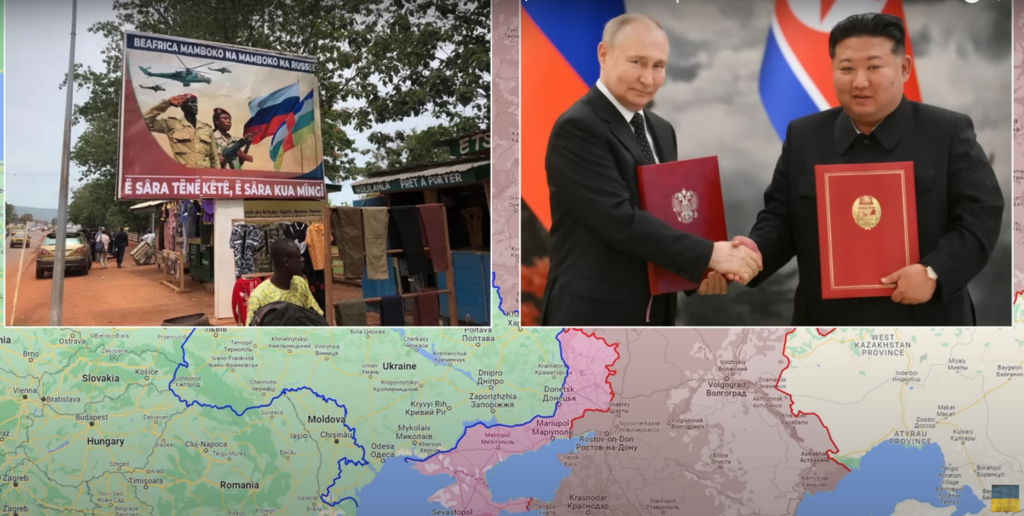
South Korea confirms 12,000 North Korean troops deployed to Russia
Several Western leaders initially dismissed these claims, but the situation changed when South Korea’s National Intelligence Service publicly revealed that approximately 12,000 North Korean soldiers, including 1,500 Special Forces troops, had been transferred to Russian training facilities. South Korean intelligence, working in coordination with their Ukrainian counterparts, used facial recognition artificial intelligence to identify North Korean officers operating in Ukraine’s Donetsk Oblast. In an official statement, they declared, “The direct military cooperation between Russia and North Korea, which was previously reported by foreign media, has now been officially confirmed.”

The first video evidence confirming the presence of Korean units on Russian soil soon emerged from one of the training grounds, swiftly followed by footage showing them receiving equipment and Russian uniforms. These developments, along with numerous eyewitness reports connecting the presence of these troops to training facilities in Russia and Russian-occupied territories in Ukraine, prompted a rapid response from the Ukrainian side.

Ukraine expands strikes as North Korean troops spread across Russia
Reports surfaced of a nighttime drone strike targeting the Moscow Higher Combined Arms Command School near the Russian capital, with residents sharing geolocated footage of the aftermath. Such military infrastructure deep inside Russia plays a crucial role in training newly arrived North Korean troops, making it an attractive target for Ukrainian precision strikes.
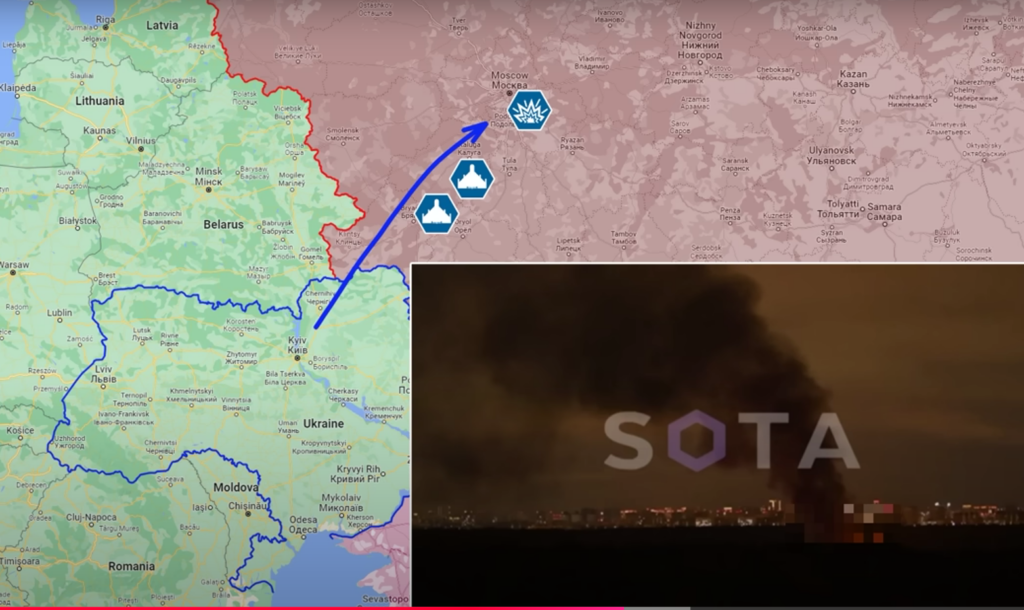
Intelligence indicates that the 12,000 North Korean soldiers are dispersed across multiple sites, prompting Ukraine to broaden its strikes to include military facilities along the front line. Ukrainian operators deployed Shark surveillance drones to monitor enemy activity, identifying soldiers conducting training exercises in open fields. Seizing the opportunity, they targeted the troops with drones in the sky, relaying precise coordinates during these maneuvers. A HIMARS strike was launched using rockets equipped with cluster munitions. In a display of thorough preparation, the Ukrainians released footage from two separate drones, underscoring their superior drone capabilities. The footage concluded with scenes of Russian emergency crews attempting to administer first aid to the wounded and retrieve the bodies of the fallen.
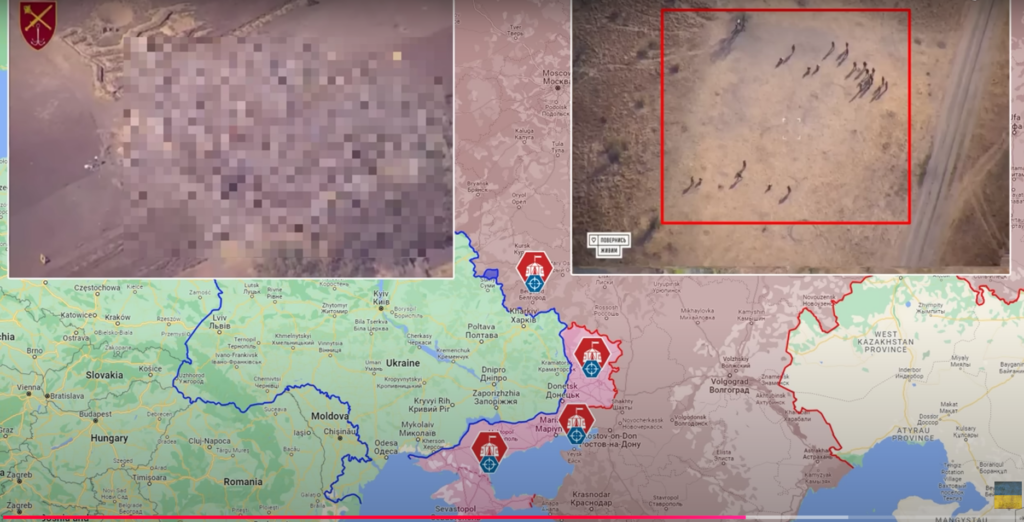
Overall, the deployment of North Korean troops to bolster Russian forces in Ukraine represents a significant escalation in the conflict, heightening the risk of broader global instability. In response, the Ukrainian military moved swiftly, launching targeted strikes on training grounds and camps to neutralize the threat before it could materialize on the battlefield.
The broader impact remains uncertain as both sides adapt to the evolving situation. However, with Ukrainian intelligence closely tracking the movements of North Korean units, these strikes are likely to intensify, aiming to cripple the reinforcements and potentially deter Kim Jong-un from committing additional troops in the face of quickly mounting losses.
In our regular frontline report, we pair up with the military blogger Reporting from Ukraine to keep you informed about what is happening on the battlefield in the Russo-Ukrainian war.





